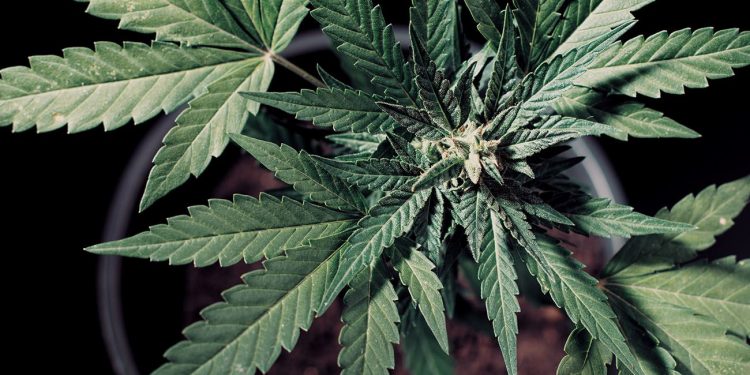Australia is due to get our first hemp fibre processing facility, headed by medical cannabis pioneer Langdon Brown.
You may be familiar with Langdon Brown, as he made headlines in 2018 after he was charged with possession of cannabis oil for running medical cannabis company ‘The Don’. Those charges were later dismissed.
Despite this, the Australian of the Year nominee hasn’t left the cannabis industry. Yesterday, the tycoon announced plans to build a hemp fibre processing facility in Murwillumbah, New South Wales.
The $50 million project is due to be completed in the next 24 months, with funding secured by Brown’s capital partners in Sydney. The plant will be capable of processing hemp fibre for use in concrete, building materials and plastics.
Although hemp and cannabis are often confused, industrial hemp has very low quantities of THC (the psychoactive component of cannabis).
For the past 50,000 years, hemp has been used in paper, textiles, clothing and animal feed.
Going forward, hemp could also be a major part of Australia’s plastics industry. Each Australian produces an average of 130kg of plastic waste each year, with this plastic taking over 700 years to decompose. Globally, the plastic market is growing by 3.5% each ear, worth over $568 billion. Like Brown, many global companies consider hemp a solution to this problem. A Canadian hemp company has even started to manufacture hemp into biodegradable bio pellets for plastics production.
Brown intends to use this technology in his Murwillumbah facility, manufacturing the factory, roads, workers accommodation and a restaurant from hemp. Speaking to the Tweed Daily News, Brown was quoted as saying:
This is a proven concept in Canada. Last year, they took 400,000 tons of hemp waste – because it was grown for seed – and turned it into $400 million.
Brown’s associates are also considering partnerships with companies like Tesla, who are interested in the affordability of renewable plastics. According to Brown, hemp crops generate a profit of $1912 per acre, compared to just $250 per acre for soybeans, $350 per acre for corn and $400 per acre for cotton.
Declared the most cost-effective fuel in the world, hemp could also have a future as a form of biodegradable fuel – but Australia isn’t quite ready for that yet.
You can read more about Australia’s budding hemp industry here.









